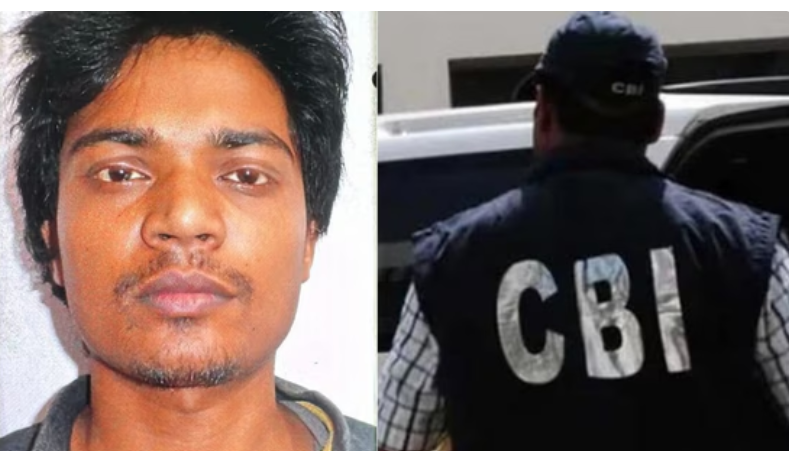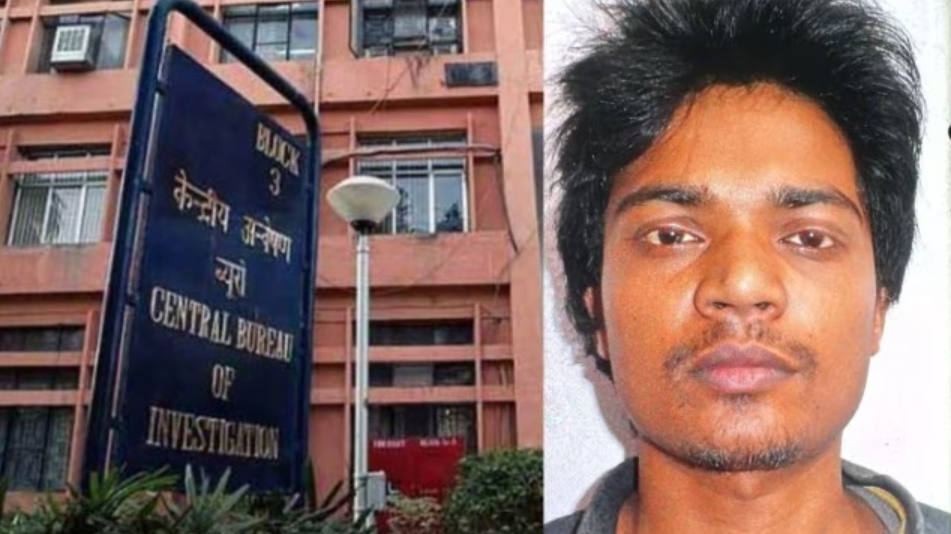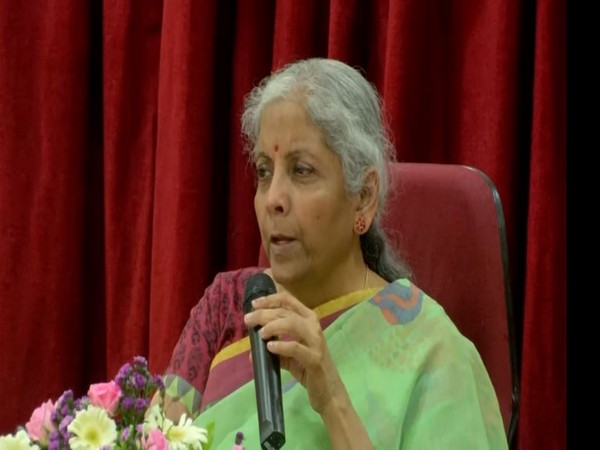The Central Bureau of Investigation (CBI) has arrested Rakesh Ranjan, alias Rocky, believed to be the mastermind behind the NEET paper leak scandal, sources revealed on Thursday afternoon. Rocky has been placed in CBI custody for ten days as the agency conducts raids at four locations, including two near Patna in Bihar and two near Kolkata in West Bengal.

The NEET-UG paper leak case has seen the arrest of over a dozen individuals, including the principal and vice-principal of a school in Hazaribagh, Jharkhand. Various state police forces and the CBI are investigating this nationwide racket, which involves the leaking of competitive exam papers like NEET. Excluding Rocky, the CBI has arrested eight others in connection with this case.
The CBI, tasked with probing this extensive exam paper racket, has filed six First Information Reports (FIRs) so far, with five relating to separate cases in Bihar. According to CBI sources, the origins of the NEET paper leak can be traced back to the Hazaribagh school, with leaked papers making their way to Bihar.
On May 3, nine sets of exam papers intended for the May 5 exam arrived at a State Bank of India branch for safekeeping. Two sets were then sent to Oasis School in Hazaribagh, an exam center where the seals were broken before reaching the school. Rocky was present during the unsealing and photographed the questions, sharing them with ‘solver gangs’—an organized group that provided answers to leaked papers. These answers were sold to exam candidates for significant sums of money. Rocky is also linked to Sanjeev Mukhiya, another key figure in this scam, who has been involved in such activities for two decades and is currently on the run.
Rocky’s arrest could significantly advance the investigation as the courts debate the extent of the question paper leaks. While the government and testing agencies claim the leak was localized and affected only a few students, CBI sources indicate that the papers might have been leaked from the bank branch, during transit, or at the school itself.
The NEET-UG exam, crucial for admissions to undergraduate medical courses, saw nearly 24 lakh students appear on May 5. Controversy erupted when results showed an unusually high number of perfect scores, including 67 students achieving a maximum of 720, and the award of ‘grace marks’ to 1,563 students. This raised suspicions and led to a retest for those students, although many did not attend.
The Supreme Court is now involved, hearing petitions seeking the cancellation of the NEET-UG 2024 exam. The National Testing Agency (NTA), responsible for conducting the NEET exam, has defended itself, stating that the leaked images on Telegram were fabricated and that no question papers were missing or locks broken in Bihar. The NTA also explained the high number of top scores, attributing it to differences in textbook editions.
As the investigation continues, the potential impact on the integrity of national competitive exams like NEET remains a significant concern. The Supreme Court has indicated that a re-test is a last resort, considering the financial burden on many students.




